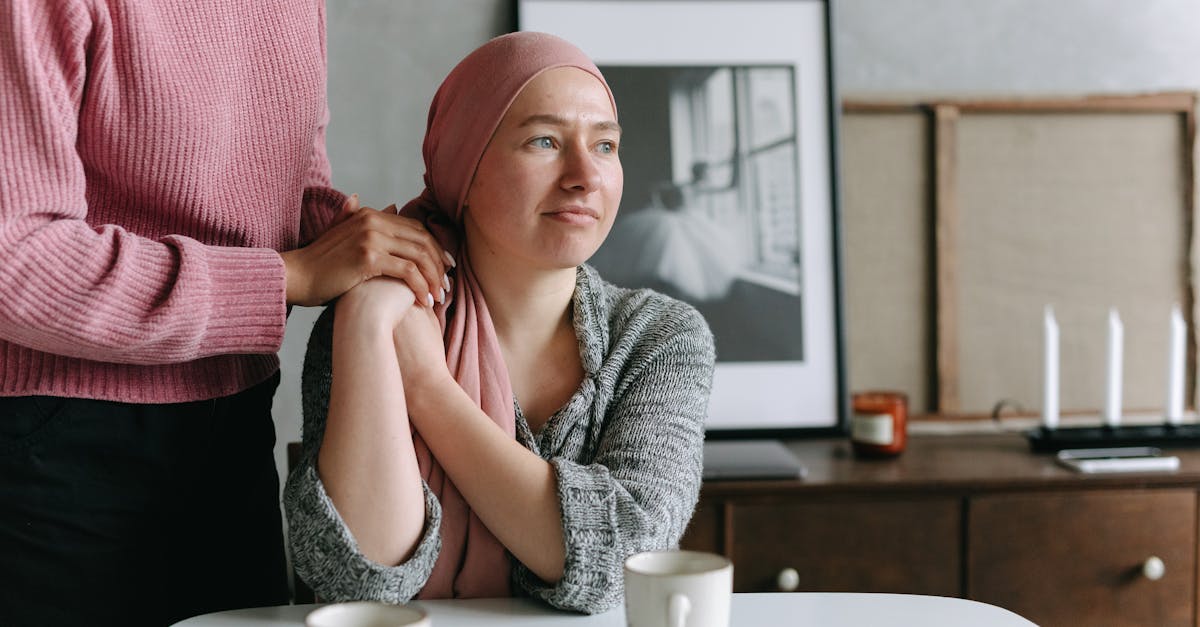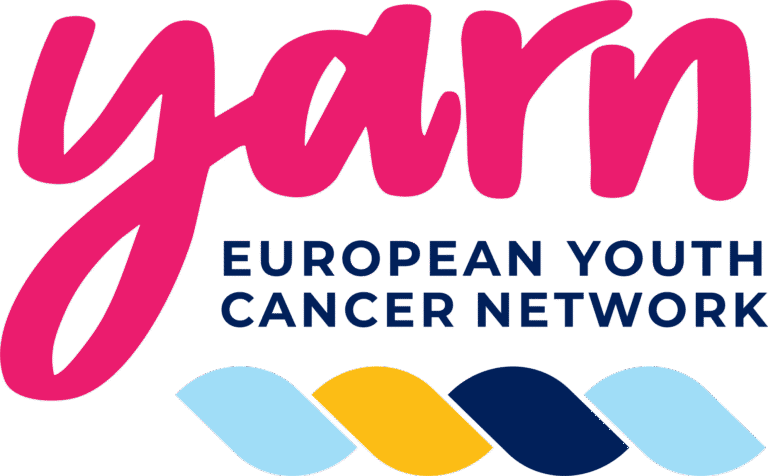
Rediscovering joy and purpose after a cancer journey can feel like a fresh start. Hobbies play a vital role in helping you heal, both physically and emotionally, by offering a sense of accomplishment and a way to reconnect with what makes you happy. Whether you’re looking to relax, stay active, or explore something new, the right hobby can be a powerful tool in your recovery.
Engaging in activities you love not only boosts your mood but also helps rebuild strength and confidence. From creative outlets to mindful practices, there are countless hobbies that cater to your unique needs and interests. It’s all about finding what resonates with you and brings a smile to your face.
Key Takeaways
- Hobbies are essential for cancer survivors, offering emotional healing, physical recovery, and a sense of purpose.
- Creative pursuits like painting, journaling, and crafting help process emotions and foster inner peace.
- Physical activities such as yoga, dancing, and gardening improve strength, flexibility, and overall well-being.
- Social hobbies like group classes, volunteering, and book clubs build connections and combat isolation.
- Mind-stimulating activities, including puzzles, learning new skills, and playing instruments, enhance cognitive health.
- Starting with manageable steps, creating routines, and celebrating progress ensures sustainable engagement with hobbies.
Benefits Of Hobbies For Cancer Survivors
Hobbies enhance both physical and emotional recovery for cancer survivors. Engaging in meaningful activities can lower stress levels, improve mental clarity, and promote a sense of accomplishment. Creative hobbies like painting or writing encourage self-expression, helping process complex emotions.
Physical hobbies, such as yoga or swimming, aid in rebuilding strength and endurance. These activities improve mobility and reduce fatigue while supporting overall well-being. Participating in group activities, like dance or gardening clubs, fosters social connections and battles feelings of isolation.
Structured hobbies help restore routine and focus. Activities like puzzles or knitting require concentration, sharpening cognitive functions often affected during treatment. By pursuing enriching hobbies, you can regain balance and discover renewed passions.
Creative Hobbies For Emotional Healing
Creative hobbies engage your mind and emotions, offering an outlet for self-expression and emotional recovery. They can help you process feelings while fostering a sense of accomplishment and inner peace.
Painting And Drawing
Painting and drawing encourage emotional expression through visual art. Using colors and shapes, you can channel complex emotions that may be hard to articulate. Watercolors, acrylics, or sketching with pencils are effective mediums to start. For a mindful approach, try creating abstract designs or nature scenes to focus on the present moment and reduce stress.
Writing And Journaling
Writing and journaling enable reflection and emotional release. Structured prompts, gratitude journaling, or free writing allow you to process your cancer journey, record progress, or set future goals. Digital journaling apps or traditional notebooks provide flexibility. Expressive writing, in particular, promotes mental clarity and helps sort through lingering worries or fears.
Crafting And DIY Projects
Crafting and DIY projects combine creativity with hands-on activity to enhance emotional well-being. Activities like crocheting, scrapbooking, or making home decor create tangible items that provide a sense of achievement. Easy-to-learn techniques, such as candle-making or knitting, help focus your mind on task completion, diverting attention from stress and fostering relaxation.
Physical Hobbies For Strength And Wellness
Focusing on physical hobbies can help you regain strength, improve well-being, and enhance overall recovery. These activities combine gentle movement, endurance, and mindfulness, supporting a healthier body and mind after your cancer journey.
Yoga And Meditation
Yoga and meditation improve flexibility, balance, and mental clarity. Yoga incorporates poses that promote physical strength and relaxation, while meditation supports mindfulness and reduces stress. You can start with beginner-friendly poses like Child’s Pose or Cat-Cow that require minimal strain. Consider attending local classes or following online guided sessions tailored for cancer survivors.
Dancing
Dancing boosts cardiovascular health, coordination, and energy levels. Engaging in various styles such as salsa, ballroom, or freestyle allows you to select an intensity that matches your comfort level. Dance also fosters joy and self-expression, creating a connection between music and movement. Community classes or home routines can help you integrate dance into your recovery practices.
Gardening
Gardening enhances physical activity through digging, planting, and weeding while promoting relaxation. This hobby strengthens muscles and supports hand coordination when handling tools or arranging plants. Spending time outdoors boosts vitamin D levels and lowers stress. Start with container gardening or small-scale projects, choosing flowers, vegetables, or herbs that match your environment. Explore community gardens if you enjoy social interactions while cultivating green spaces.
Social Hobbies For Connection And Support
Finding social hobbies fosters meaningful connections and encourages emotional support during recovery. Engaging with others through shared activities can help rebuild confidence and create a sense of community.
Group Classes And Workshops
Participating in group classes provides opportunities to learn new skills while forming connections. Options like cooking, photography, or fitness classes allow you to bond with others who share similar interests. Workshops also encourage collaboration, offering a blend of education and camaraderie in a supportive setting.
Volunteering
Volunteering enables you to give back to your community while building relationships. Consider joining local initiatives like food banks, animal shelters, or mentoring programs. These activities offer purpose, create lasting friendships, and foster a sense of gratitude and positivity.
Book Clubs And Discussion Groups
Joining book clubs or discussion groups stimulates the mind and builds connections. Sharing insights on books, topics, or experiences promotes meaningful conversations and emotional bonding with others. Virtual or in-person formats make these groups accessible, catering to diverse preferences.
Mind-Stimulating Hobbies For Cognitive Health
Engaging in mind-stimulating hobbies supports cognitive function and fosters mental clarity, which can be especially valuable during recovery. These activities improve focus, memory, and problem-solving skills, promoting overall cognitive wellness.
Puzzles And Brain Games
Puzzles and brain games enhance cognitive function by challenging your problem-solving abilities. Jigsaw puzzles improve visual-spatial reasoning, while crossword puzzles expand vocabulary and boost memory retention. Strategy games like chess or Sudoku help you maintain focus and sharpen logical thinking. Choose activities that are both stimulating and enjoyable to suit your interests.
Learning A New Skill Or Language
Learning new skills builds neural pathways and keeps your brain active. Taking up a skill like photography develops creativity and technical knowledge through practice. Exploring a new language improves memory and cognitive flexibility as you learn vocabulary and sentence structures. Online platforms and mobile apps provide interactive tools, enabling you to learn at your own pace.
Playing Musical Instruments
Playing musical instruments enhances brain activity by integrating auditory, motor, and visual skills. Practicing instruments like piano or guitar improves hand-eye coordination and memory through repetition of patterns. Joining local music groups or virtual classes can help you combine skill-building with social interaction, further enriching your mental health.
Tips For Starting And Maintaining Hobbies
Choose Activities That Align With Your Interests
Select hobbies that genuinely interest you to sustain long-term engagement. For example, if you’re drawn to creativity, try painting, crafting, or writing. Physical activities like yoga or dancing work well if you’re looking to rebuild strength and flexibility. By focusing on activities that resonate with your personality or recovery goals, you’ll find it easier to remain motivated.
Start With Small, Manageable Steps
Ease into hobbies by setting realistic expectations. For instance, commit to short 15-20 minute sessions at first, then gradually increase the duration as your energy improves. Avoid overexerting yourself in the beginning—prioritize pacing to prevent frustration or fatigue.
Create A Dedicated Space
Set aside a comfortable, distraction-free area for your chosen hobby. For example, use a small desk for writing or a corner in your garden for planting. Having a designated space encourages regular practice and ensures you can focus on the activity.
Incorporate Hobbies Into Your Routine
Treat hobbies as a regular part of your daily or weekly schedule. Allocate specific time slots, such as dedicating Saturday mornings to gardening or weekday evenings to reading. This consistency helps establish habits and keeps your hobbies a priority.
Seek Support And Guidance
Connect with others who share your interests for inspiration and support. Join local clubs, attend workshops, or participate in online forums. For example, a painting group can provide ideas and motivate you to improve your skills, while a fitness class offers camaraderie during physical recovery activities.
Celebrate Small Wins
Acknowledge progress—whether it’s completing a knitting project or mastering a yoga pose. Tracking achievements, even small ones, builds confidence and encourages you to keep going. Use journals, photos, or even social media to document and celebrate your journey.
Be Flexible And Patient
Adjust your activities as needed based on how you’re feeling. For example, if fatigue strikes, shift from physically demanding hobbies like dancing to gentler ones like reading. Patience with yourself ensures a positive experience as you explore and evolve in your hobby journey.
Conclusion
Embracing hobbies after your cancer journey can be a transformative way to heal, grow, and rediscover joy. Whether you’re exploring creative outlets, engaging in physical activities, building meaningful connections, or stimulating your mind, these hobbies offer a path to renewed strength and purpose.
By choosing activities that resonate with you and approaching them with patience, you can create a fulfilling routine that supports your recovery. Each small step you take toward pursuing your passions brings you closer to a healthier, more balanced life filled with hope and possibility.
Frequently Asked Questions
1. Why are hobbies important for cancer survivors?
Hobbies help cancer survivors rediscover joy and purpose by promoting emotional healing, reducing stress, and enhancing mental clarity. They also rebuild physical strength, boost confidence, and foster a sense of accomplishment, contributing to a more holistic recovery process.
2. What are some creative hobbies that support emotional healing?
Creative hobbies like painting, drawing, writing, journaling, and crafting help survivors express emotions, process their experiences, and set goals. These activities allow individuals to channel feelings, reflect on their journeys, and create meaningful, relaxing art.
3. How do physical hobbies improve recovery during or after cancer?
Physical hobbies like yoga, meditation, dancing, and gardening enhance overall wellness by boosting strength, flexibility, cardiovascular health, and mental clarity. They also reduce stress and encourage a connection with nature or one’s body, contributing to recovery.
4. Can social hobbies aid cancer survivors in recovery?
Yes, social hobbies like group classes, volunteering, and book clubs foster meaningful relationships, emotional support, and a sense of community. They help rebuild confidence and encourage personal growth through shared experiences.
5. How do mind-stimulating hobbies benefit cognitive health?
Mind-stimulating hobbies such as puzzles, brain games, learning new skills or languages, and playing instruments challenge the brain, improve focus, and enhance memory while maintaining neural activity and cognitive function.
6. What are the best hobbies for rebuilding physical strength after cancer?
Hobbies like yoga, dancing, and gardening are excellent for rebuilding physical strength. They engage the body in movement, enhance flexibility and balance, and improve overall health.
7. How can I stay motivated to maintain hobbies during recovery?
Choose hobbies that align with your interests, start small, set realistic goals, and create a dedicated space. Celebrate small milestones and connect with others who share your passions to stay inspired and committed.
8. What role does creativity play in emotional healing?
Creativity helps channel complex emotions, making it easier for cancer survivors to process their journeys. Activities like drawing, painting, and writing allow for self-expression, emotional release, and self-discovery.
9. Are group classes helpful for cancer survivors?
Yes, group classes offer opportunities to learn new skills, build friendships, and foster emotional support. Activities like cooking or fitness classes help create a sense of community and belonging, aiding in recovery.
10. Why is patience important when starting hobbies during recovery?
Recovery is a gradual process, and hobbies should be enjoyable, not overwhelming. Practicing patience allows survivors to progress at their own pace, avoid fatigue, and focus on the positive benefits of their chosen activities.






Comments
Thank you. Comment sent for approval.
Something is wrong, try again later